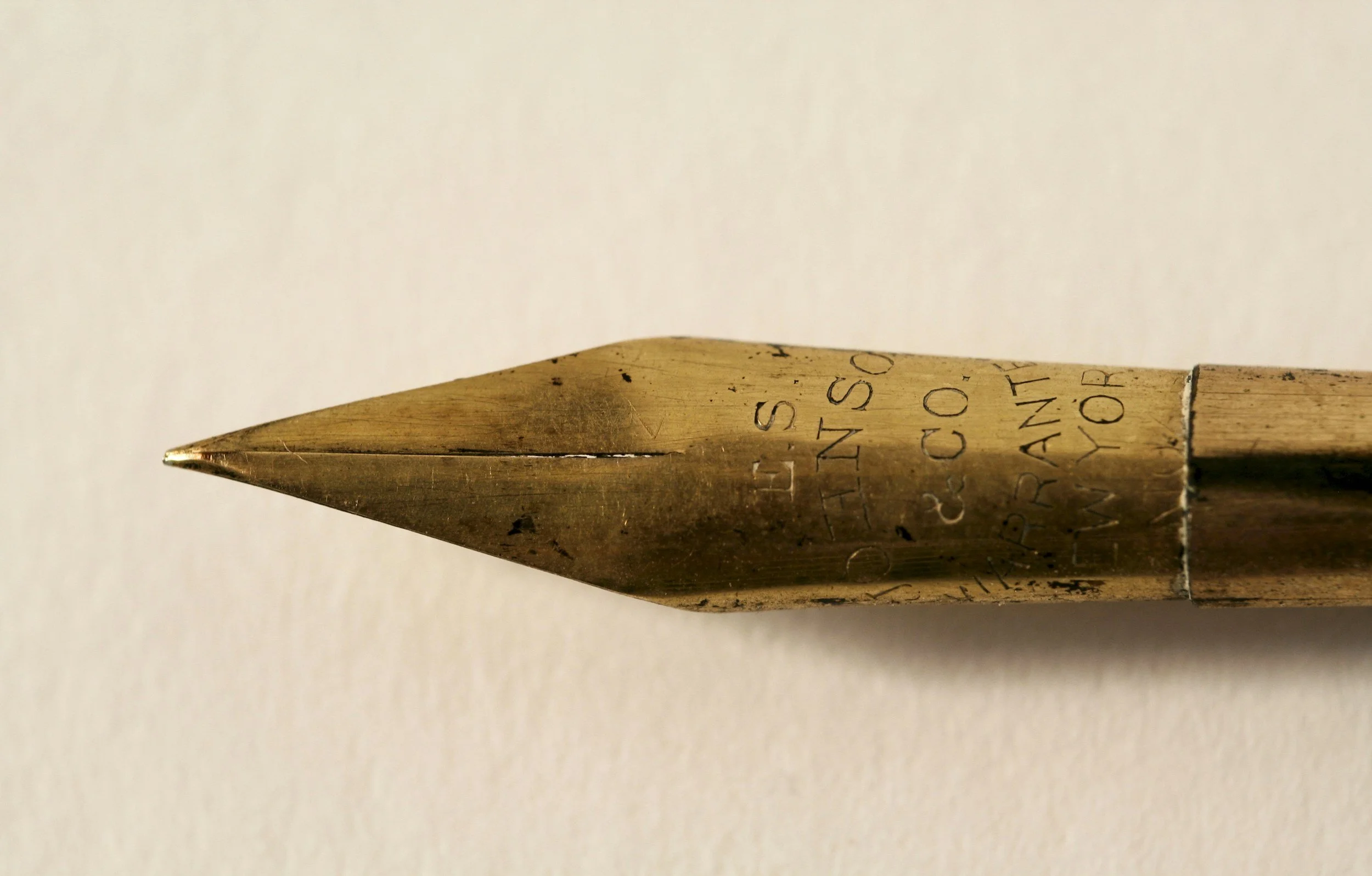The Differences Between High Courts and Magistrates’ Courts in South Africa | Barter McKellar
When pursuing legal action or defending against a lawsuit in South Africa, it's important to understand the differences between the High Courts and Magistrates’ Courts. Both play crucial roles in the country’s judicial system, but they differ significantly in terms of jurisdiction, the types of cases they hear, and their authority.
At Barter McKellar, we provide expert legal guidance to ensure that your case is handled in the appropriate court, maximizing your chances of a favorable outcome. In this article, we’ll explain the key differences between High Courts and Magistrates' Courts, helping you understand where your case might be heard.
What Are High Courts?
High Courts are superior courts of law in South Africa with broad authority over serious legal matters. They handle cases that fall beyond the jurisdiction of the Magistrates’ Courts, and they have both original jurisdiction (hearing cases for the first time) and appellate jurisdiction (hearing appeals from lower courts).
Key Characteristics of High Courts:
Jurisdiction Over Serious Civil and Criminal Matters
High Courts deal with serious civil and criminal cases, including those where the monetary value of claims exceeds the limits of the Magistrates’ Courts. These courts handle high-stakes litigation, commercial disputes and serious crimes such as murder, rape, and armed robbery.
Geographic Jurisdiction
Each High Court in South Africa has jurisdiction over a specific geographic area. For example, the Gauteng Division of the High Court has jurisdiction over Gauteng, while the Western Cape Division serves the Western Cape.
Original and Appellate Jurisdiction
High Courts can hear cases for the first time (original jurisdiction), but they also hear appeals from lower courts, such as the Magistrates’ Courts. They can overturn or uphold the decisions of these courts.
Monetary Jurisdiction
High Courts hear civil cases where the claim value exceeds R400,000, making them the venue for higher-value disputes, such as large commercial claims, property disputes and complex contractual issues.
Judges Preside
Cases in High Courts are presided over by judges, with no jury involved. In some cases, a panel of judges may be assigned, particularly for appeals or constitutional matters.
Constitutional Matters
High Courts have the authority to decide on constitutional matters that impact individuals' fundamental rights, ensuring they align with South Africa’s Constitution.
When Would You Go to a High Court?
You would approach a High Court for matters that involve:
Large financial claims exceeding R400,000
Serious criminal offenses such as murder or fraud
Appeals from decisions made in the Magistrates’ Court
Constitutional issues or cases of national significance
What Are Magistrates’ Courts?
Magistrates' Courts are lower courts in South Africa that handle a range of less serious civil and criminal cases. They are more accessible to the public and have limited authority compared to High Courts. There are two main types of Magistrates' Courts: District Magistrates’ Courts and Regional Magistrates’ Courts.
Key Characteristics of Magistrates' Courts:
Jurisdiction Over Less Serious Matters
Magistrates’ Courts deal with less serious criminal offenses and civil cases where the value of the claim falls below certain monetary thresholds. They are the first port of call for everyday legal disputes such as small claims, family law matters and less severe criminal cases.
Geographic Jurisdiction
Magistrates' Courts are more numerous and widely distributed than High Courts, with each court serving a specific geographic area within the country. This makes them more accessible to the general public.
Limited Monetary Jurisdiction
The District Magistrates' Court can hear civil cases involving claims up to R200,000, while Regional Magistrates' Courts can hear cases up to R400,000. Any claims exceeding these amounts must be referred to the High Court.
Magistrates Preside
In Magistrates’ Courts, cases are presided over by magistrates, who are judicial officers, rather than judges. Magistrates have limited sentencing powers in criminal cases, particularly for more serious offenses.
Types of Cases Handled
Criminal Cases: Less severe offenses such as theft, common assault, or driving under the influence are handled by Magistrates' Courts.
Civil Cases: These courts resolve disputes related to family law (such as divorce and maintenance), landlord-tenant disputes, debt collection, and other personal claims within the set monetary limits.
Small Claims: Cases where the claim amount is less than R20,000 can be handled by the Small Claims Court, which operates under the jurisdiction of the Magistrates’ Courts.
No Jury System
Like High Courts, Magistrates’ Courts do not use juries. The magistrate is responsible for deciding the outcome of both civil and criminal cases.
When Would You Go to a Magistrates’ Court?
You would approach a Magistrates’ Court for:
Minor criminal offenses such as theft or common assault
Civil cases involving monetary claims below R400,000
Family law disputes, such as maintenance or divorce
Small claims under R20,000
How Barter McKellar Can Assist You
At Barter McKellar, we specialize in guiding clients through the legal process, whether in the High Court or the Magistrates' Courts. With deep expertise in both civil and criminal matters, we can help you navigate the court system to ensure your rights are protected, and your case is handled efficiently.
Why Choose Us?
Experienced Team: Our team includes experienced attorneys skilled in both High Court and Magistrates' Court matters, such as complex commercial litigation.
Comprehensive Legal Services: Whether you're involved in a dispute (be it relating to property, contractual or a family law matter), we have the expertise to represent you in the appropriate court.
Client-Focused Approach: We work closely with our clients to understand their unique circumstances, ensuring we develop a tailored legal strategy for success.
Contact Us Today
If you need legal representation or advice on whether your case belongs in the High Court or the Magistrates’ Court, contact Barter McKellar. Our experienced team is here to provide guidance and representation in all matters related to South Africa's judicial system.

